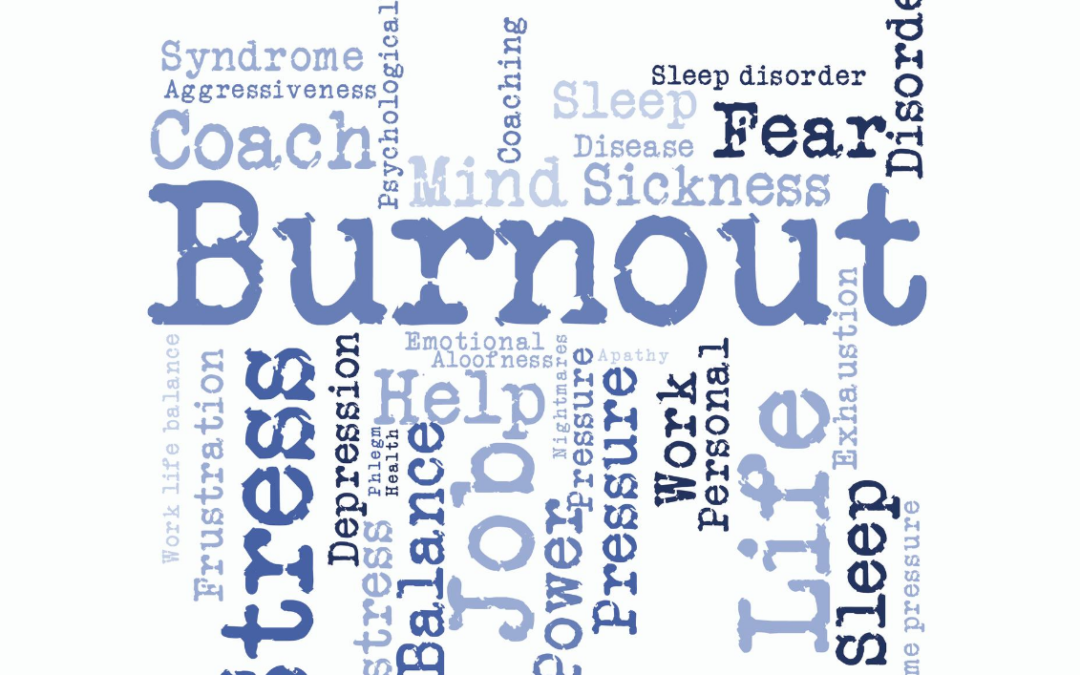COVID-19 has created much upheaval in our personal and professional lives. Those of us who love routine and tend to resist change, were totally knocked off balance. If you are an empath, someone who feels deeply, you may have felt almost incapacitated at times; as if you were carrying all the worries of the world on your shoulders and like you were on an emotional roller coaster, one day up and the other day way down. Others pivoted quickly, their creative juices flowed, and they were able to quickly adapt and adjust to an ever-changing new reality. Why and how is this so?
I believe it is partly due to personality, partly due to previous life experience and partly due to environment and mindset. If you believe that embracing change (and uncertainty – which is change that comes “out of the blue” that you didn’t invite into your life) is a creative process that opens you up to new possibility, the way you feel and act during times of uncertainty is quite different than if you fear and resist change and uncertainty.
If you live in a beautiful natural environment and can easily get out in nature on a regular basis (and at the same time maintain social distance), these past months have not been near as difficult for you as for those who live in densely-populated areas or concrete jungles with little or no access to nature.
If you have had previous life experiences such as living and working in conflict zones and areas with restricted movement, you may have learned some valuable lessons you can apply to your current reality (see previous blog for more details – https://pamela-thompson.com/dealing-with-uncertainty-insights-and-lessons-learned/).
A number of women leaders and colleagues I have spoken with have shared their experiences of what it has been like to live and work during these uncertain times. Many have found it challenging to deal with a number of their direct reports who are stressed and having difficulty dealing with working at home. Previous emotional tensions have been aggravated. Working at home with a spouse in close quarters, while at the same time trying to manage young children, is not easy. Many report having to work more hours than normal and having difficulty separating work from life. A number of women leaders are feeling “burnt out” and are also seeing burnout in their colleagues and employees.
So how can we prevent leadership burnout? Based on my own experiences of almost burning out several times in my career here are a few practical tips.
- Set clear boundaries between home and work. If you used to leave work at 5 pm, turn off your computer at 5 pm and, if possible, go for a walk outdoors.
- Establish clear expectations of your direct reports or colleagues. Let them know your hours of work and model work-life balance for them.
- Take a 5-minute stretch and walk around every hour, if possible, to release the tension in your body and give your eyes a break.
- When fears and worries about the future come up, take 3 deep breaths in through your nose and out through your mouth and notice how your body responds. When you take such breaths the hormone oxytocin is released which calms your body and your mind. Share this strategy with your colleagues and direct reports.
- Begin meditating daily. There are a number of meditation apps available including:, https://www.headspace.com/, https://www.calm.com/ ,
- and one of my favorites Deepak Chopra and Oprah Winfrey’s 21-day meditation experiences – https://chopracentermeditation.com/
- Spend some time getting clear on what is really important for you in life and in work and then create an action plan to move forward daily in those priority areas. Let go of people and activities that do not nourish you.
- Communicate with others who are close to you. They will then understand how you are feeling and often “cut you some slack”.
- Get lots of sleep. If you’re feeling really tired experiment with going to bed earlier.
- Pamper yourself; have a bubble bath, massage, pedicure, make time to read a favourite author
- Begin integrating mindfulness practices[1] into your life. For additional strategies on how to prevent burnout and thrive in uncertain times, I invite you to check out my #1 best-selling book “Learning to Dance with Life: A Guide for High Achieving Women” (which is also helpful for men) and emerged from my experience of almost burning out.
Over to you, what strategies have you found helpful to prevent burnout during uncertain times? I invite your comments below.
[1] Mindfulness practices help you “get of your head” and “into your body”. An example is mindfulness walking meditation which can be done indoors but is more powerful when done outdoors in nature. Rather than thinking of our upcoming meeting or the recent argument we had with our partner, we focus on all of our senses. We feel the wind on our cheeks, smell the salt sea air, hear the crunch of leaves underfoot and see the beautiful vistas that surround us.
